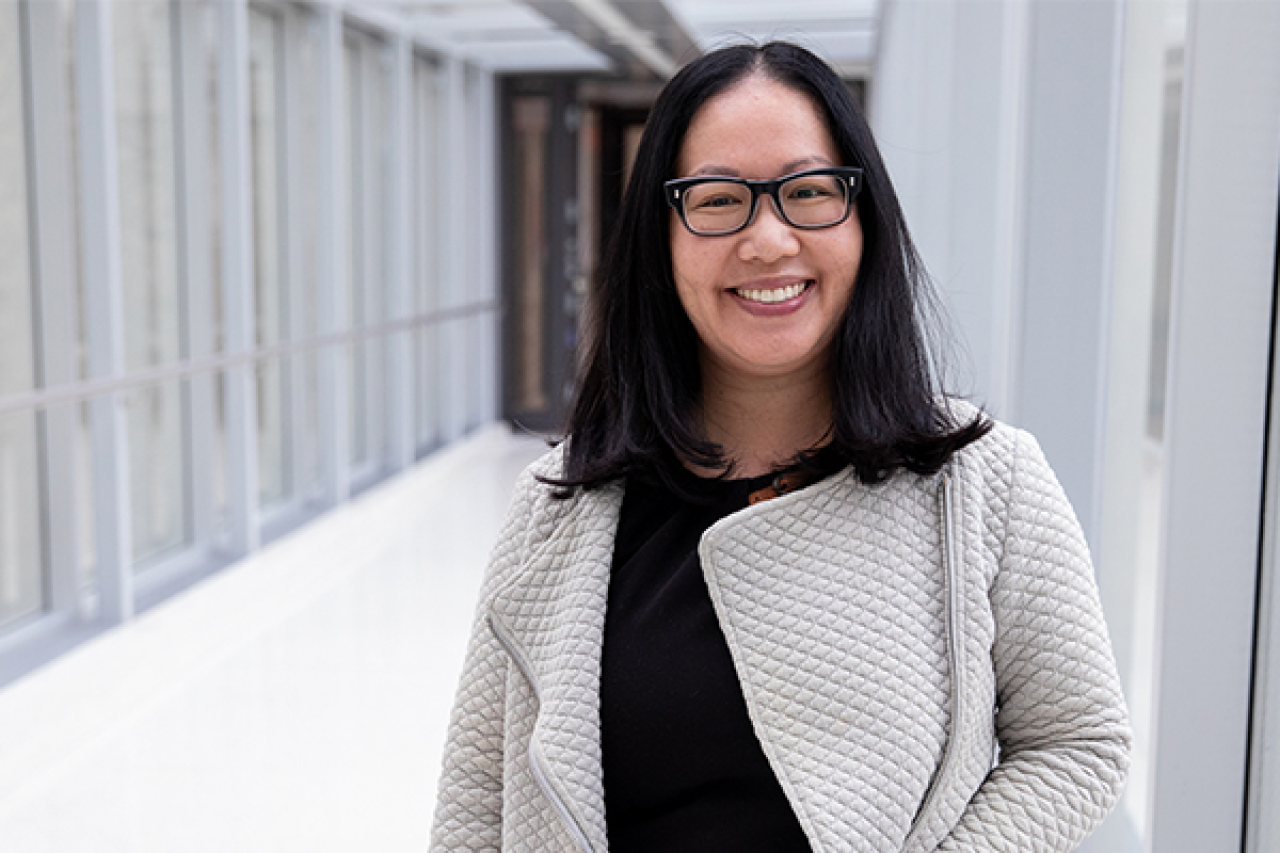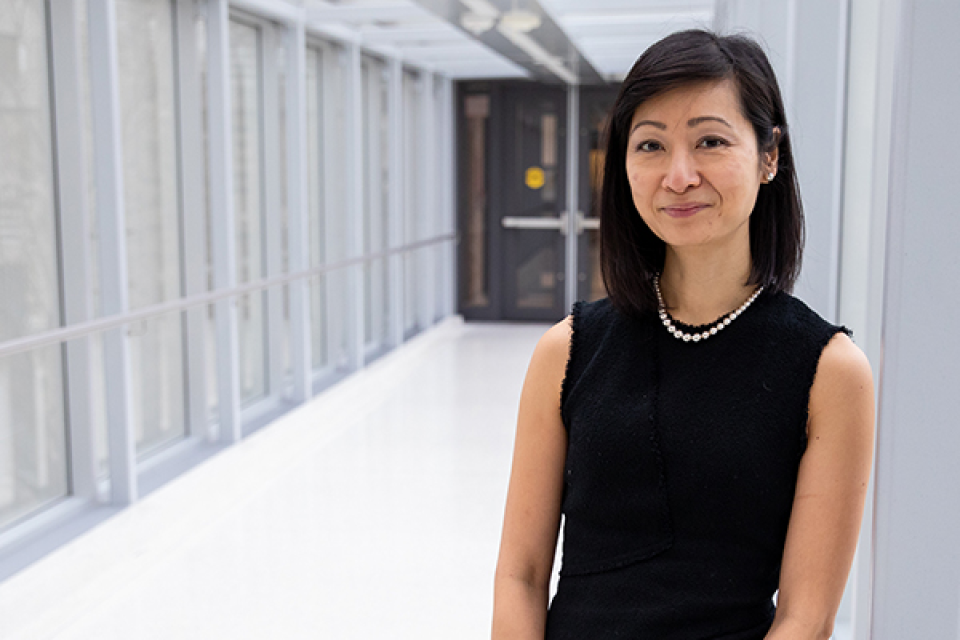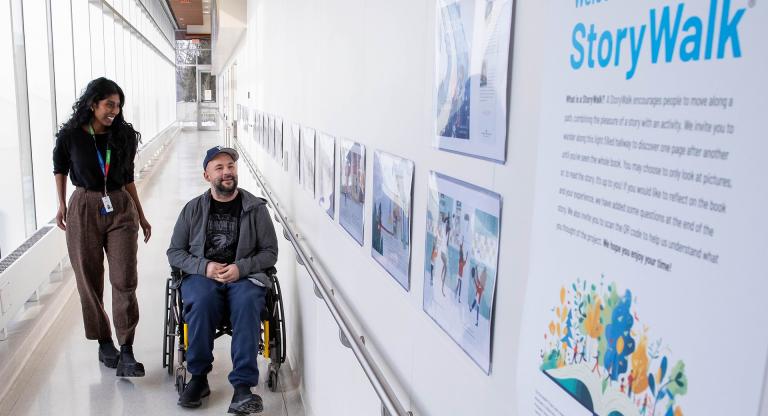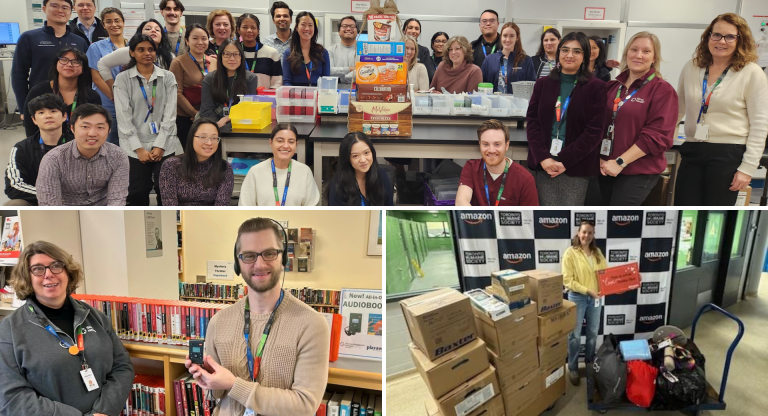Celebrating advancements in Quality and Safety
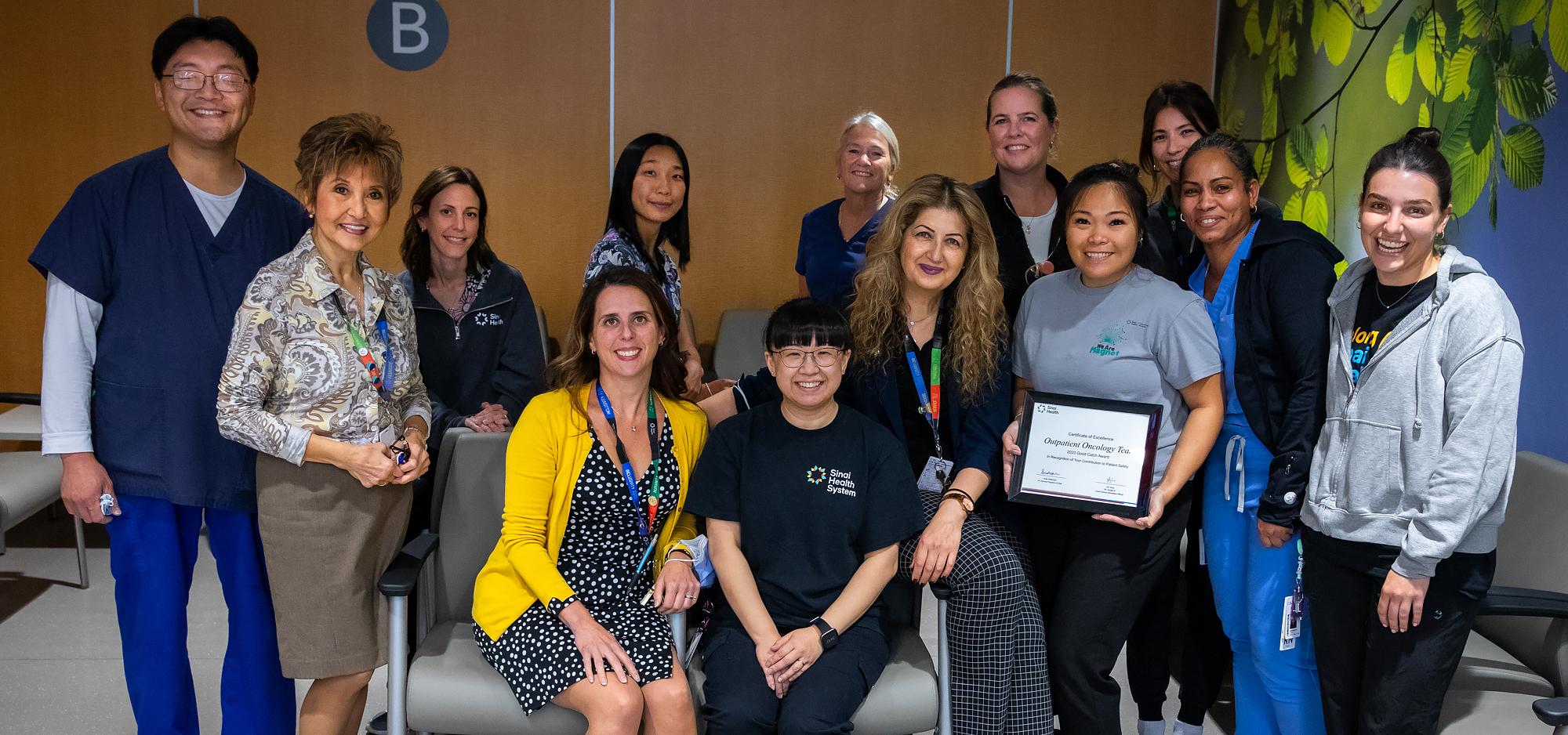
From a caregiving lens, taking on the role of primary caregiver was initially a challenging task for Eileen Putnam.
“It was an extremely perplexing, difficult period,” said Eileen. At times, she found herself burned out and overwhelmed by her caregiving duties, but says she was fortunate enough to have her very own caregiving mentor — her mother — to show her the way.
On the clinical side of things, burnout amongst physicians is also quite rampant, says Dr. Treena Wilkie, Chief of the Forensic Psychiatry Division and Wellness Physician Lead at the Centre for Addiction and Mental Health.
According to Dr. Wilkie, wellness interventions such as promoting resilience, engaging in mindfulness sessions and systems improvements, particularly in the electronic medical record, are key in addressing burnout and improving well-being. “We want to move into well-being 2.0, where we start to think about health care workers as having human qualities, not hero like qualities,” she added.
This was the theme of this year’s Quality and Safety Symposium at Sinai Health: addressing burnout and well-being with a systems approach.
People from Mount Sinai and Hennick Bridgepoint hospitals came together last October to share the outstanding quality and safety work that was done throughout the year.
A spectrum of quality improvement projects were completed by clinical and non-clinical teams. This year’s top abstracts presented at the symposium included work on reducing healthcare-associated infections in the intensive care unit, using novel environmental surveillance methodologies for outbreak detection, and improving surgical backlog.
The top abstract for the Innovation Track was awarded to a COVID-19 study that investigated outbreak detections at Mount Sinai Hospital through swabbing floors of inpatient wards.
“The amount of virus that we were seeing on the floors mirrored the outbreak status declared in the hospital,” said Prachi Ray, Research Assistant on the study. The novel technique may be useful for future surveillance of hospital infections.
The top abstract for the Quality Track was awarded to the Information Services and Surgical Teams, who led the work of reducing the backlog of patient procedures through implementing a surgical waitlist management system at Sinai Health. “It’s been four months since our go-live, and we’ve already started seeing the results,” said Samar Rizvi, Senior Project Manager in the Information Services Department.
The integration of the new waitlist system facilitates operating room bookings and will decrease wait times, allowing patients to have access to surgery in a timely manner. By integrating this technology, it will also make the work of our surgical teams more seamless.
The Science of Care Institute – whose projects looked at how care is designed, implemented and measured – presented their latest research and initiatives happening at Sinai Health.
From using virtual reality to aid in surgical planning, to learning the importance of connection in health care, to exploring human health resource strategies like staffing structures during the pandemic; showcasing these initiatives demonstrated the incredible efforts our people have implemented to advance quality and safe care and support a resilient work force.
A number of awards were given out at the Quality & Safety Symposium, including the Academic Practice Awards, Excellence in Quality & Safety, and Patient Safety Week – Good Catch Awards. “The work being done in our hospitals is truly inspiring, and deserves to be celebrated by all,” Agnes said.
One of the winners of the Patient Safety Week – Good Catch Awards – given out to employees who intercepted a potential safety scenario — was the outpatient oncology team who went above and beyond to improve patient outcomes by catching medical device malfunctions before they reached patients.









